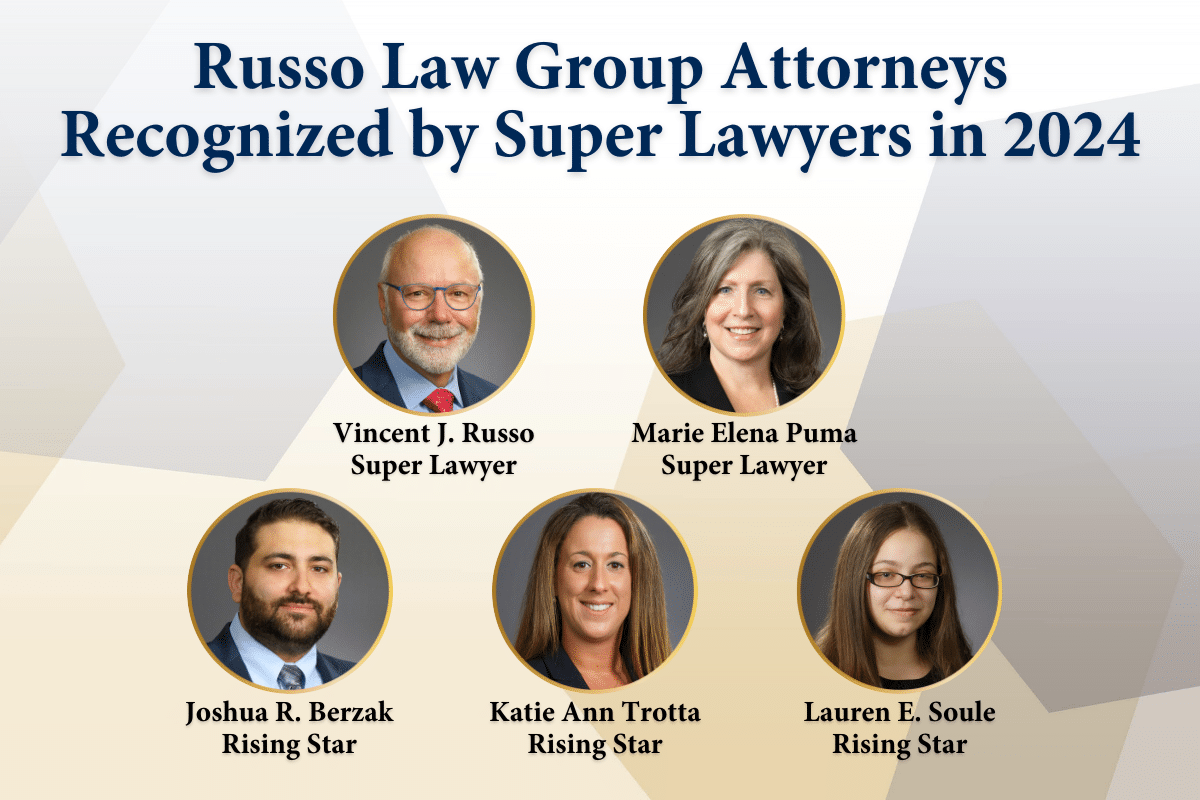This originally aired on the Catholic Faith Network’s show CFN Live: https://youtu.be/_37V4R4aXYo Today, many people…
We’ve all heard the phrase, “possession is nine-tenths of the law.” When it comes time to estate administration, this phrase holds particularly true. It can be very challenging to understand what assets are part of an estate, and it can be a downright nightmare when assets have been improperly taken from an estate – let alone to have them returned.
If you are an executor of an estate, you have the responsibility of taking control of and protecting the assets of the estate. In part, this means that you must make a diligent search of estate assets. Normally this is a straightforward process, especially if you are knowledgeable about the decedent’s assets. However, there may be times when you as executor will have to fight to collect an asset of the estate. These situations usually arise when there are differences of opinion as to the ownership of an asset, or there is an improper transfer of assets prior to or after the death of the decedent.
As executor if you believe that there are some assets that were improperly taken from the estate, then you should consider a court proceeding called a “turnover proceeding” to further investigate and possibly have such assets (or their value) returned. There are essentially two stages of a turnover proceeding:
- The inquisitorial stage is used when the executor is not sure whether a third party has estate property. During this stage the third party may be forced to appear before the court and be
 examined about the assets allegedly belonging to the estate.
examined about the assets allegedly belonging to the estate. - The disclosure and turnover stage is when the Court conducts a hearing to determine whether the third part in fact has (or has absconded) assets belonging to the estate and then orders the third party to return the assets (or their value) to the estate.
Let’s take a look at an example of when a turnover proceeding may be necessary:
Roy passed away leaving three sons, Bob, Jeff, and Tom. Unfortunately, during the final weeks of Roy’s life he suffered from severe dementia and was extremely physically frail. It was during this vulnerable time when George, Roy’s home health aide, took him to the bank and made Roy add George as a joint owner of his checking and savings accounts, a beneficiary to his certificate of deposit and brokerage accounts, all worth a total value of $1,000,000.
Once the Surrogate’s court appointed Bob as the Executor of Roy’s estate he went to the bank and discovered that since George was the named joint owner on the accounts, he was able to close out the accounts the day after Roy died. Now, the only assets that remained in the estate were Roy’s home, which was heavily mortgaged, and an old electric guitar autographed by Lefty Wilbury.
In this situation Bob can petition the court for a turnover proceeding to discover the truth about the transfer and to make sure the assets or their value are returned to the estate so that the debts and liabilities can be paid.
The Surrogate’s Court has discretion to reject the turnover proceeding and make the parties wait until the Accounting of the Estate, but in certain instances the court will allow the proceeding, especially when time is of the essence or there are extraneous circumstances.
By Eric J. Einhart, Esq. – Guest Blogger




Comments (0)